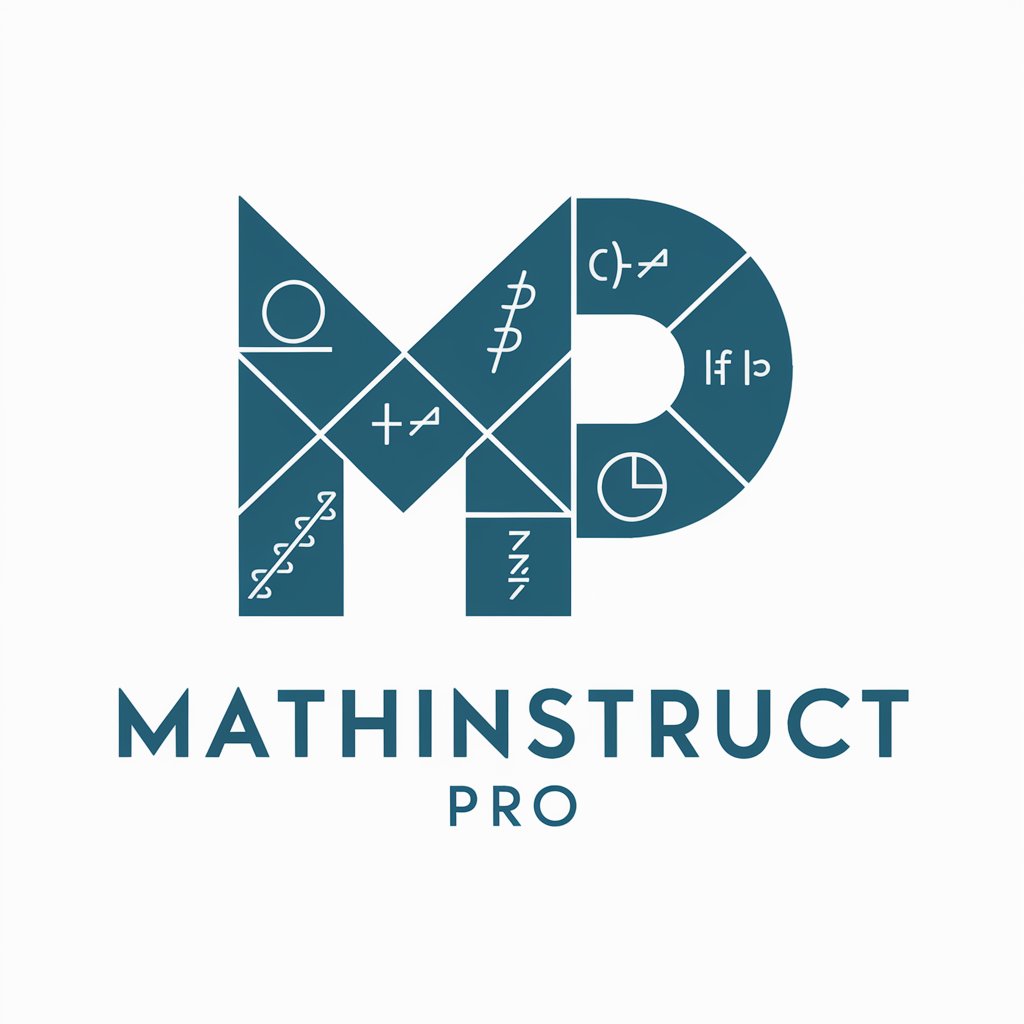
FEM Assistant - FEM Problem Solver

Hello! How can I assist with your FEM analysis today?
AI-Powered Finite Element Analysis
Create an Abaqus model that adheres to Indian Standard 456 for...
Explain the process of applying boundary conditions in FEM analysis according to...
Generate a MATLAB script for simulating stress-strain behavior in...
Outline the key differences between IS 456 and American Standard Codes in...
Get Embed Code
Introduction to FEM Assistant
FEM Assistant is a specialized AI tool designed to support and enhance the application of the Finite Element Method (FEM) in engineering and design projects. It integrates detailed data from leading standards such as Indian Standard 456 and American Standard Codes, aiming to guide users in applying these standards to materials, sections, loads, boundary conditions, and meshing in Abaqus. FEM Assistant helps in selecting appropriate materials, defining structural sections, applying loads, setting boundary conditions, and determining meshing criteria, aligning Abaqus models with these standards. For example, it can assist in analyzing a concrete beam under load, suggesting the appropriate mesh size and boundary conditions to ensure accurate simulation results. Powered by ChatGPT-4o。

Main Functions of FEM Assistant
Guidance on Material Selection
Example
Advising on the selection of steel grades for a high-rise building project based on American Standard Codes.
Scenario
In designing a high-rise structure, FEM Assistant can analyze the project requirements and environmental conditions to recommend the most suitable steel grades, ensuring structural integrity and compliance with applicable standards.
Structural Section Definition
Example
Defining the optimal cross-sectional dimensions for beams in a bridge construction project.
Scenario
For a bridge construction, FEM Assistant evaluates load distributions, span lengths, and other factors to propose the most efficient beam cross-sections, optimizing material use and ensuring safety.
Load Application and Boundary Condition Setting
Example
Simulating wind loads on a skyscraper and suggesting boundary conditions for accurate modeling.
Scenario
In modeling a skyscraper, FEM Assistant calculates the impact of lateral wind loads, recommending specific boundary conditions in Abaqus to realistically simulate the building's response to wind forces.
Meshing Criteria Determination
Example
Determining the mesh size for a complex part in automotive design to ensure precise stress analysis.
Scenario
For an automotive component subject to dynamic loads, FEM Assistant guides on selecting an appropriate mesh size and refinement areas, facilitating accurate stress distribution analysis in critical zones.
Ideal Users of FEM Assistant Services
Civil and Structural Engineers
Professionals in civil and structural engineering fields benefit from FEM Assistant by obtaining precise modeling guidelines for infrastructure projects, ensuring compliance with safety standards and efficient material usage.
Mechanical and Automotive Engineers
Engineers working in mechanical and automotive sectors utilize FEM Assistant to simulate and analyze component behaviors under operational loads, enhancing product design through optimized material selection and load-bearing capabilities.
Academic Researchers and Students
Academic individuals exploring advanced engineering concepts leverage FEM Assistant to understand complex FEM applications in research projects and educational purposes, fostering a deeper grasp of simulation and modeling techniques.
Aerospace Engineers
Aerospace engineers apply FEM Assistant to tackle the unique challenges of aerospace structures and components, ensuring designs withstand extreme conditions while adhering to rigorous industry standards.

How to Use FEM Assistant
Start Your Journey
Visit yeschat.ai to explore FEM Assistant's capabilities with a free trial, accessible immediately without the need for a login or ChatGPT Plus subscription.
Understand Your Needs
Identify the specific FEM problem you need assistance with, such as material selection, structural analysis, or boundary conditions setup, to better leverage the tool's capabilities.
Navigate the Features
Utilize the intuitive interface to input your finite element method (FEM) problems. You can enter data related to materials, geometry, loads, and constraints directly into the system.
Analyze and Interpret
Run simulations and analyses using the provided tools. Interpret the results with the help of visual aids and detailed reports generated by FEM Assistant.
Refine and Optimize
Based on the initial results, adjust your model parameters as necessary. Use the assistant's feedback and suggestions to refine your model for better accuracy and efficiency.
Try other advanced and practical GPTs
Christopher
Engage with AI, Swabian style.

Scholarly Analyzer
Empower Your Research with AI

MathInstruct Pro: Differentiate Math Lesson Plans
Tailored Math Lessons with AI

Teaching Plan AI - Arkansas
Empowering Arkansas Educators with AI

Cyber Strategy Advisor
AI-powered cybersecurity strategy guidance

Dropshipping Ally
Optimize your dropshipping with AI insights.

Auto Mesh
Merging Car Styles with AI Innovation

Large Language Model Paper Assistant
Elevating Research with AI Insights

Model Muse
Find your model with AI precision

Digital Euro
Empowering Transactions with AI-driven Digital Currency

Blog Wizard - Diverse Styles
Empower Your Writing with AI Diversity

Baby Name Generator
Crafting Names, Celebrating Life

FEM Assistant Q&A
What is FEM Assistant?
FEM Assistant is an AI-powered tool designed to support and enhance finite element method (FEM) analyses. It assists users in setting up simulations, selecting materials, applying loads and boundary conditions, and interpreting results.
Can FEM Assistant handle complex geometries?
Yes, FEM Assistant is equipped to manage complex geometries. It can guide users through the process of meshing intricate shapes and suggest optimal mesh sizes and types based on the geometry and analysis type.
Does it support dynamic analysis?
Absolutely. FEM Assistant supports both static and dynamic analyses, providing users with the ability to simulate time-dependent phenomena and evaluate the response of materials and structures under varying conditions.
How can FEM Assistant improve my simulation accuracy?
FEM Assistant improves simulation accuracy by offering detailed guidelines on setting up models correctly, choosing appropriate mesh sizes, selecting suitable materials, and accurately applying loads and boundary conditions.
Is FEM Assistant suitable for educational purposes?
Yes, FEM Assistant is an excellent resource for educational purposes. It helps students and educators by providing a practical, interactive way to apply theoretical FEM concepts and visualize the impact of various parameters on model behavior.





